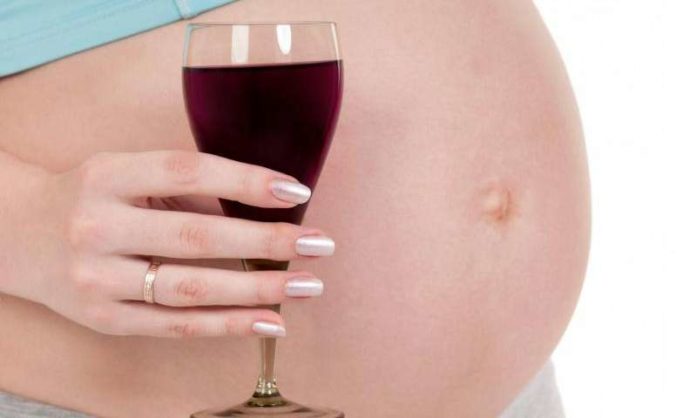According to a new survey that was conducted around 11 European countries and included 7,905 women, Britain (28.5 per cent) scored highest in alcohol consumption during pregnancy, followed by Russia (26.5 per cent) and Switzerland (20.9 per cent).
The proportion of women in Europe who drink alcohol when they know they are pregnant is highest in the UK and lowest in Norway, according to researchers.
Despite recommendations to abstain from alcohol during pregnancy, nearly one in three pregnant women in Britain drinks alcohol.
The study involved over 7,000 women and is the first to compare alcohol consumption during pregnancy across 11 European countries.
The women completed an anonymous online questionnaire, which was available on selected websites intended for pregnant women in the respective countries.
Researchers, including those from University of Oslo in Norway, studied about 7905 women, 53 per cent of whom were pregnant, and 46 per cent were new mothers (with a child up to one-year-old).
“There is no defined safe minimum amount of alcohol to drink during pregnancy. We therefore recommend that all pregnant women should adhere to the guidelines for total alcohol abstinence during pregnancy,” said Hedvig Nordeng, Professor from the Norwegian Institute of Public Health.
“Differences in pregnant women’s drinking behaviour between countries can have many explanations besides variations in willingness of women to provide information about their alcohol consumption during pregnancy,”he said.
Further, women who reported alcohol consumption during pregnancy were more likely to be older, highly educated, employed and had smoked before pregnancy, the researchers said in the paper appearing in the journal Women and Birth.
Alcohol in the mother’s blood passes to the baby through the umbilical cord.Drinking alcohol during pregnancy can cause miscarriage, stillbirth, and a range of lifelong physical, behavioral, and intellectual disabilities. These disabilities are known as fetal alcohol spectrum disorders (FASDs).
Smoking may also increase a baby’s risk of various birth defects, including cleft lip, cleft palate, and clubfoot. Even more frightening is research suggesting that babies whose mothers smoked during pregnancy are more likely to die of sudden infant death syndrome (SIDS).
Alcohol can seriously affect the development of an unborn baby, increasing the risk of miscarriage, premature birth, low birth weight, learning difficulties and behavioural problems.
The survey was conducted in countries such as Croatia, Finland, France, Italy, Norway, Poland, Russia, Serbia, Sweden, Switzerland and Britain.


























